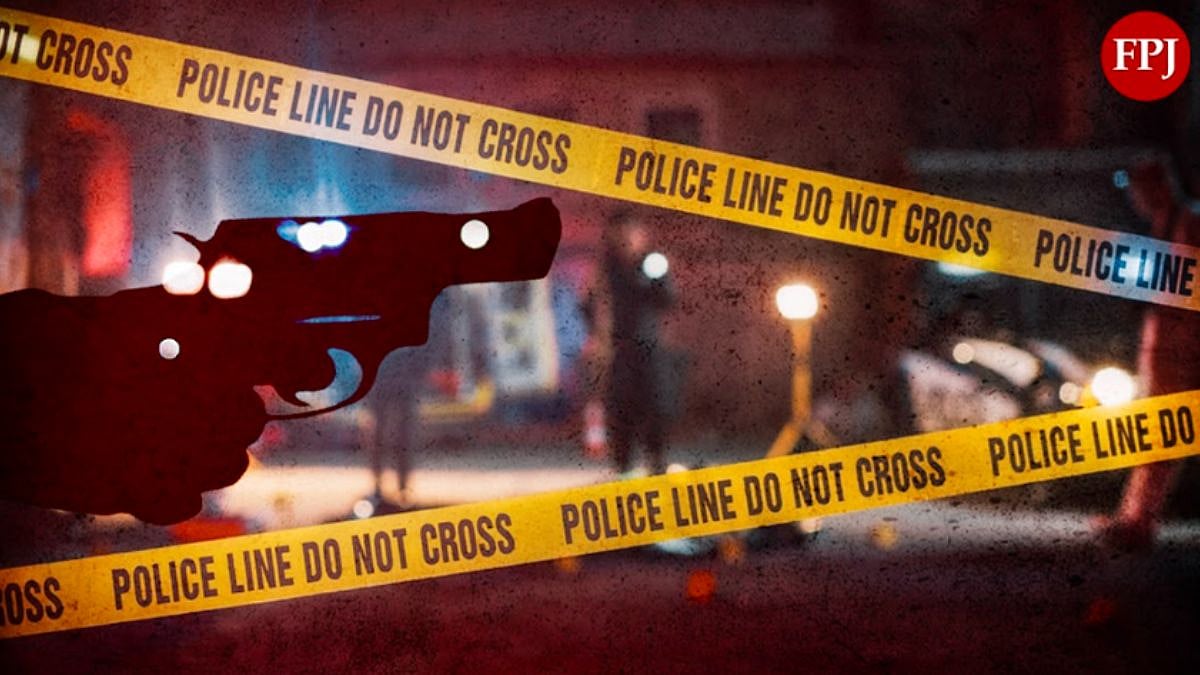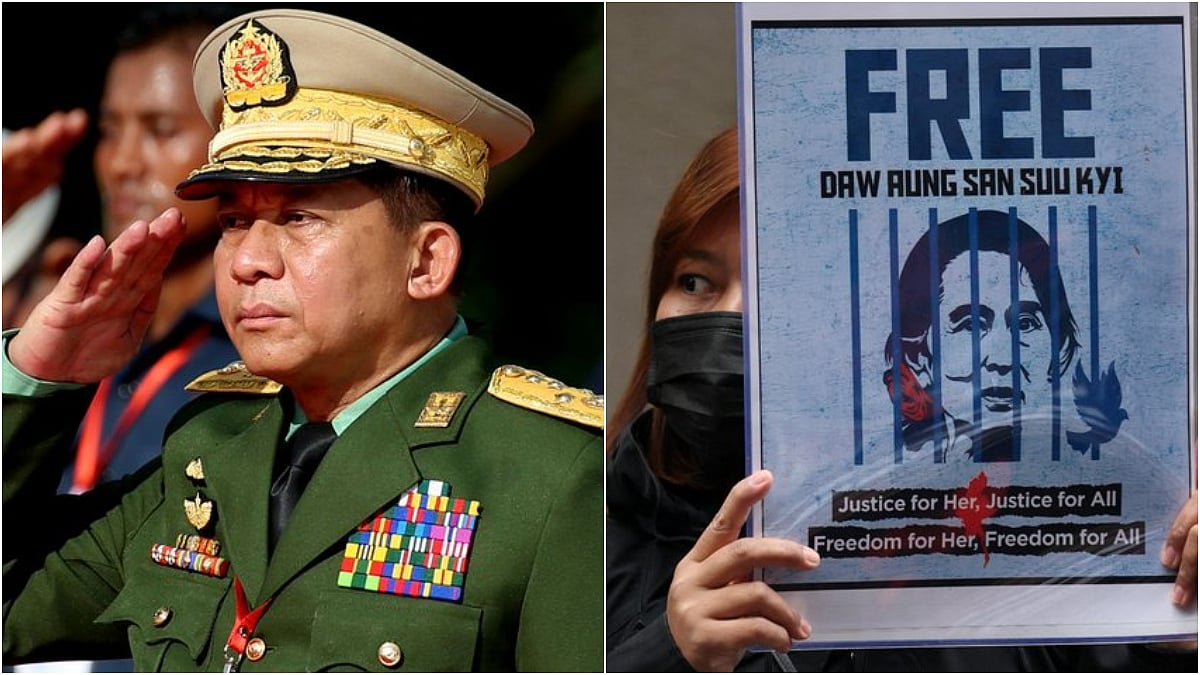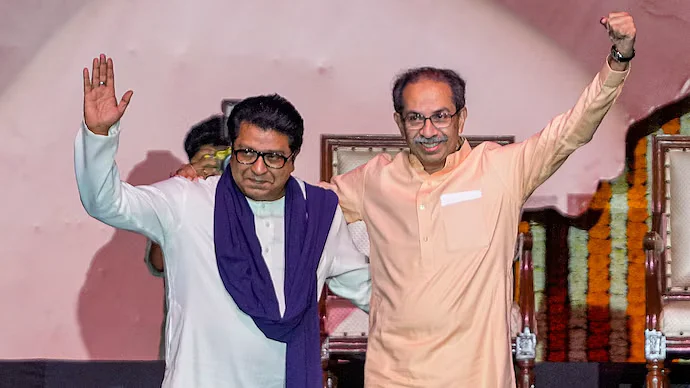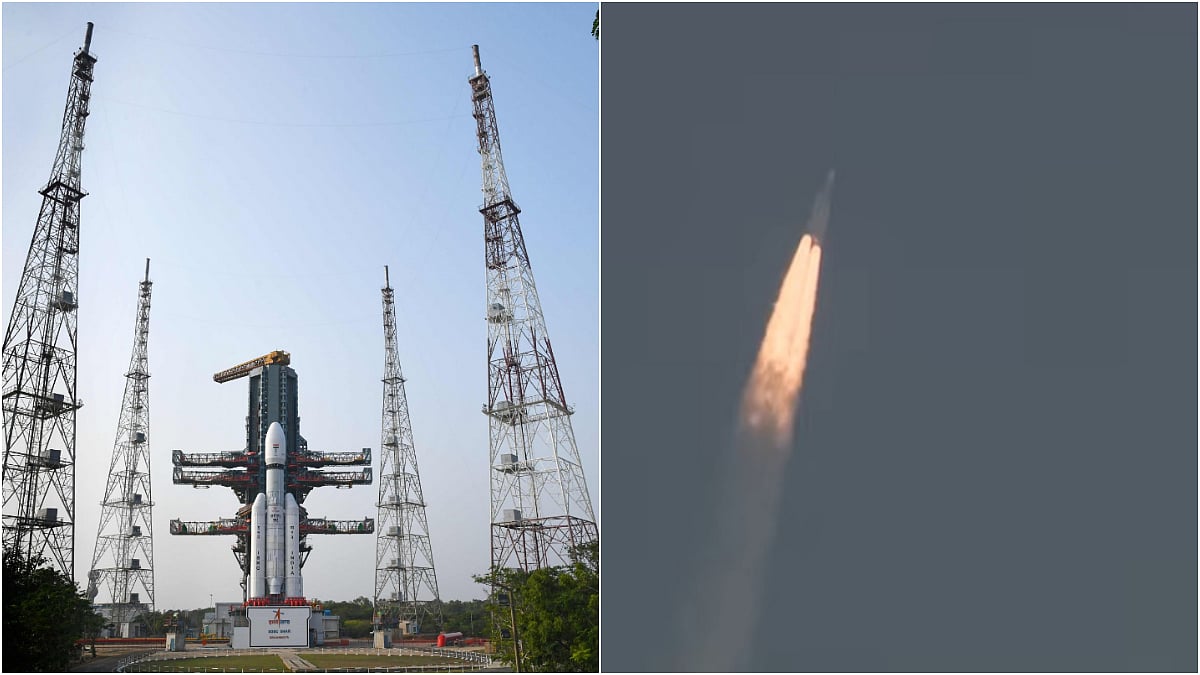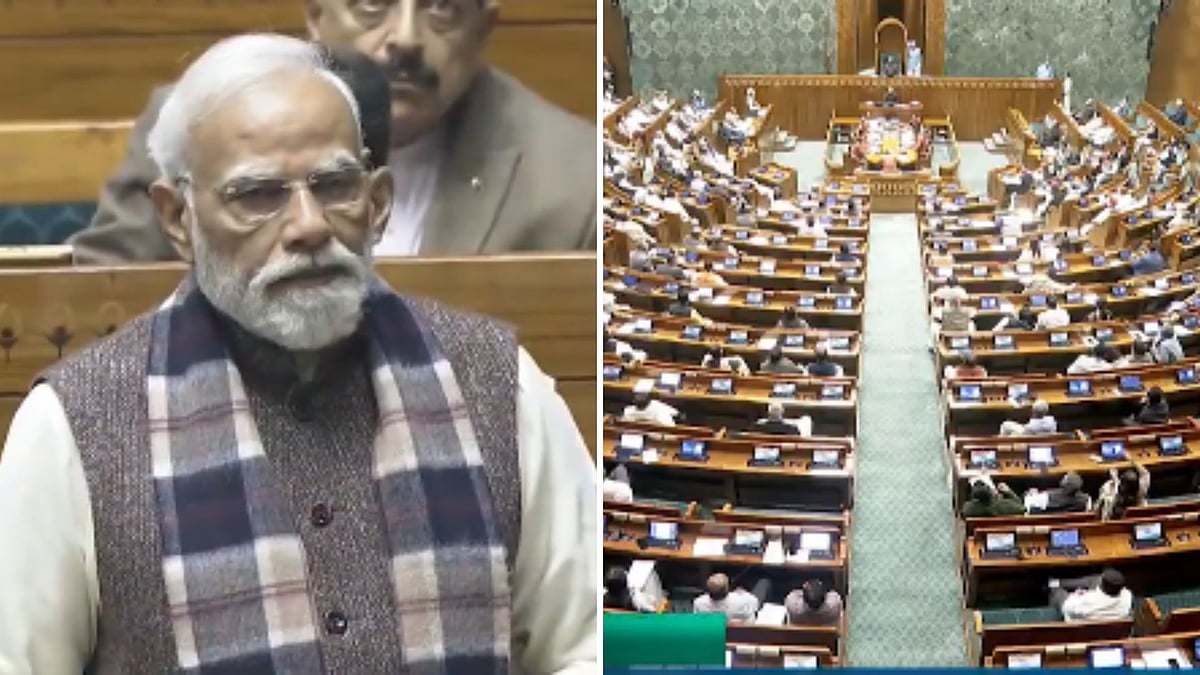There is a plan conceived by planners at MMRDA that any commute within the Mumbai Metropolitan Region (MMR) can be completed within 59 minutes. How far this is feasible and, equally important, for how much it is being planned for, will remain unanswered. The investment being planned to achieve this is Rs 5,00,000 crores till 2041. The MMR covers 6,335 square kilometres, with 9 Municipal Corporations, each having a public transport undertaking (BEST, TMT, NMMT, etc.), along with 9 Municipal Councils, 48 Census Towns, and 1,427 villages served by these undertakings and the State Road Transport Corporation.
Greater Mumbai and the rest of MMR presently have a 450km Suburban Rail network, a 20km Monorail, and an 80km Metro Rail network—planned to expand to 682km of Suburban Rail and 487km of Metro by 2041. There are over 26 lakh personal motorcars and 105 lakh motorised two-wheelers in MMR, both growing rapidly. To meet this demand, about 1,100km of new highway systems are proposed by 2041. Planners have also proposed 319km of BRT/EBL by 2026 and 570km by 2041. Ironically, none of the BRT/EBL projects are on the anvil, at least not in the public domain.
The city’s public transport is supplemented by metered taxis and autos, their shared versions, aggregator cabs like Ola and Uber, and newer options such as Rapido twowheeler taxis and premium bus services like Citiflo, Myflo, Chalo, and Uber Shuttle. Digitisation and optimisation are being promoted as solutions—such as informing commuters when the next bus is due—yet uncertainty persists due to road congestion and the shortage of buses. What remains absent in planning is effort to reduce personal vehicle use and road congestion, except for expectations that Metro expansion will take cars off the roads.
This will only happen if last-mile connectivity and safe, comfortable walking facilities are ensured. Authorities assume adequate autos and share-autos will solve this, not realizing excessive competition brings chaos and demands more regulation. The result: commuter frustration, inefficiency, and limited affordable options for lowincome groups. As the city’s GDP rises, more people can afford private vehicles, but much of the workforce remains unaffected by income growth and cannot afford expensive transport. The Metro aims to improve suburban rail comfort, but unless fares match 2nd Class suburban rail passes, less affluent commuters cannot rely on it. Add to that overcrowded trains, buses, unhelpful taxi drivers, surge pricing, and the absence of a seamless one-ticket system—all contributing to commuting woes.
Making commuting in Mumbai equitable: The proposal suggests operating Premium BRTS along the 487km Metro network, with a capacity of about 6,000 pphpd, offering exclusive travel experience. Congestion fees should be imposed for peak-hour car use, expecting that 65% of personal car users will migrate if last-mile connectivity is assured. This can be achieved through BRT-compliant Premium Aggregator Taxis, ensuring waiting time of less than one minute.
The “One Minute Waiting” concept extends to the Premium BRTS, operating every 20 seconds. Last-mile connectivity from MRTS stations will be handled by microbuses carrying 15 passengers at 10–12 second frequencies, replacing shareautos and feeder minibuses. These services will make commuter waiting time under one minute and ensure universal accessibility. With this “Wait Only A Minute” model, there will be no need to check bus timings. High-frequency services and level boarding will make travel seamless, with MRTS stations accessible within 500m and microbuses within 250m walk.
Using a mobile app, commuters can enter origin and destination to get four route plans—two by time and two by cost—pay online, and receive a QR-coded ticket. Except for Premium BRT and Premium Aggregator Taxis, all fares must remain affordable. The goal is to ensure citizens travel safely and comfortably, reach workplaces fresh, and contribute more productively to the city’s GDP.
Civil engineer and transportation analyst, Author of “Matter of Equitability - Making Commuting in Mumbai Enviable”

